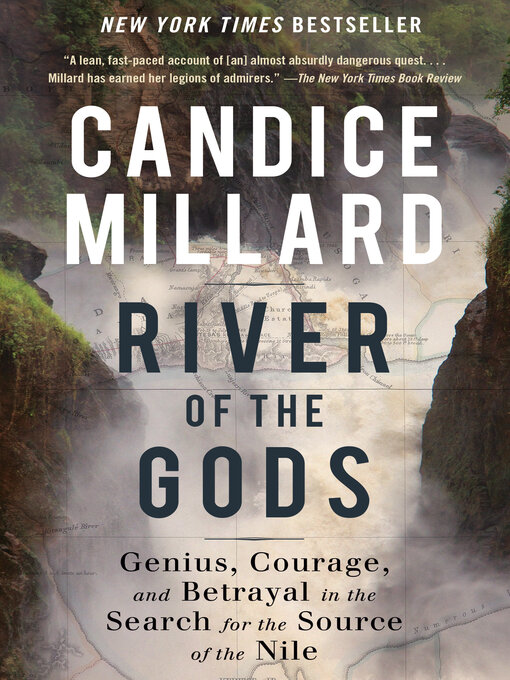- What's new?
- No Wait YA eBooks
- Popular titles
- Check these out!
- No wait, no problems
- See all ebooks collections
- Whispers in the Dark
- No wait, no problems
- What's new?
- Popular titles
- Check these out!
- See all audiobooks collections


Availability can change throughout the month based on the library's budget. You can still place a hold on the title, and your hold will be automatically filled as soon as the title is available again.
The OverDrive Read format of this ebook has professional narration that plays while you read in your browser. Learn more here.
Your session has expired. Please sign in again so you can continue to borrow titles and access your Loans, Wish list, and Holds pages.
If you're still having trouble, follow these steps to sign in.
Add a library card to your account to borrow titles, place holds, and add titles to your wish list.
Have a card? Add it now to start borrowing from the collection.
The library card you previously added can't be used to complete this action. Please add your card again, or add a different card. If you receive an error message, please contact your library for help.